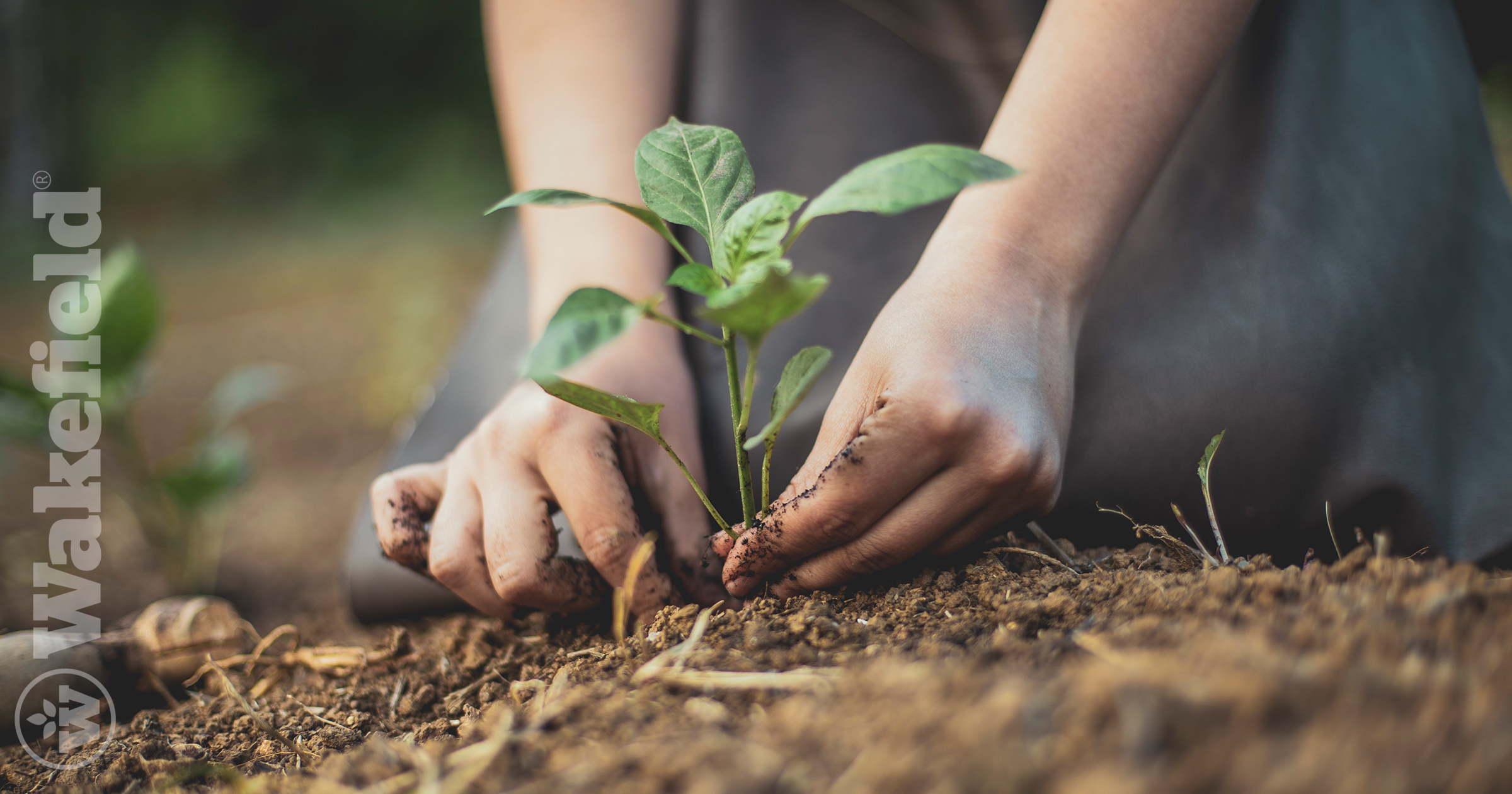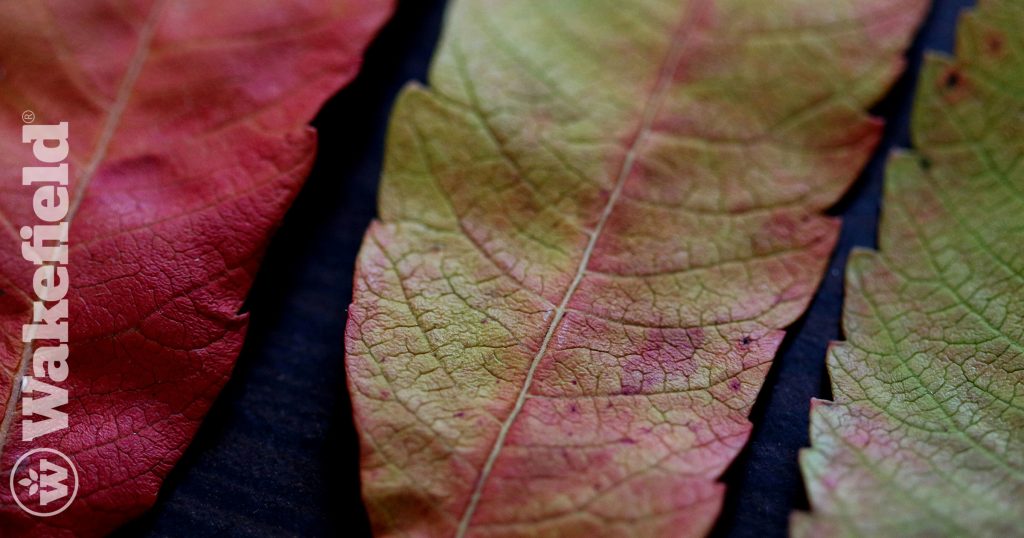How Biochar Fixes Poor Plant Growth

Seeing your plants in poor condition can be distressing. Instead of lush vegetation, brilliant flowers, or bountiful crops, struggling plants signal underlying issues. Fortunately, improving soil health with biochar can make a significant difference. So, how does biochar affect plant growth?
Factors Affecting Plant Growth
Poor plant growth is often due to inadequate nutrients, water, light, and air. Soil structure and microbial activity also play crucial roles. Using a soil amendment like Wakefield Biochar, a natural and certified organic soil conditioner, can help plants thrive. Choosing the right biochar for your needs is essential.
Symptoms, Results, and Causes of Poor Plant Growth
Symptoms
Look for these signs of poor plant growth:
- Discoloration: Yellow leaves usually indicate poor drainage or compacted roots.
- Wilting: Insufficient moisture leads to wilting.
- Deformities: Misshapen or stunted leaves and roots signal growth issues.
- Holes in Leaves: Pests like worms and mites can cause leaf holes.
- Yield Reduction: Poor soil results in lower crop yields.
Broader Implications
- Disrupted Pollination: Heavy use of chemical fertilizers and pesticides disrupts pollination.
- Reduced Biodiversity: Nutrient-deficient soils harm soil biodiversity.
- Economic Consequences: Lower yields reduce farmers’ incomes.
Causes
- Soil Compaction: Compacted soils lack good structure and aeration.
- Nutrient Imbalances: Deficiencies and imbalances hinder growth.
- Impacted Soil Microflora: Chemical fertilizers and pesticides harm beneficial microbes.
- Pests, Diseases, and Environment: These factors all affect plant health.
Improving Plant Growth with Biochar
Biochar, made from biomass heated in an oxygen-free environment, boosts plant growth in several ways:
- Improved Soil Aeration: Biochar reduces soil density, improving aeration and reducing compaction.
- Enhanced Water Retention: Biochar helps soil retain water, crucial during dry periods.
- Increased Nutrient Availability: Biochar’s porous nature effectively carries nutrients to plants.
- Beneficial Microbial Communities: Biochar promotes beneficial fungi and microbes.
- Pathogen Suppression: Biochar can suppress nematodes and insect pests.
What to Keep in Mind
Not all biochar is the same. Wakefield BioChar products come from natural wood scraps, converting waste into a valuable soil conditioner. Remember, biochar can blow away if dry, so maintain reasonable moisture levels. Different soils need different biochar applications; testing your soil helps determine the right amount.
Learn More from Wakefield BioChar
At Wakefield BioChar, we are passionate about soil health. Biochar stays in the soil for decades, improving soil quality and sequestering carbon. This process reduces greenhouse gas emissions and helps combat climate change.
Better soil. Better world. Happy planting!







